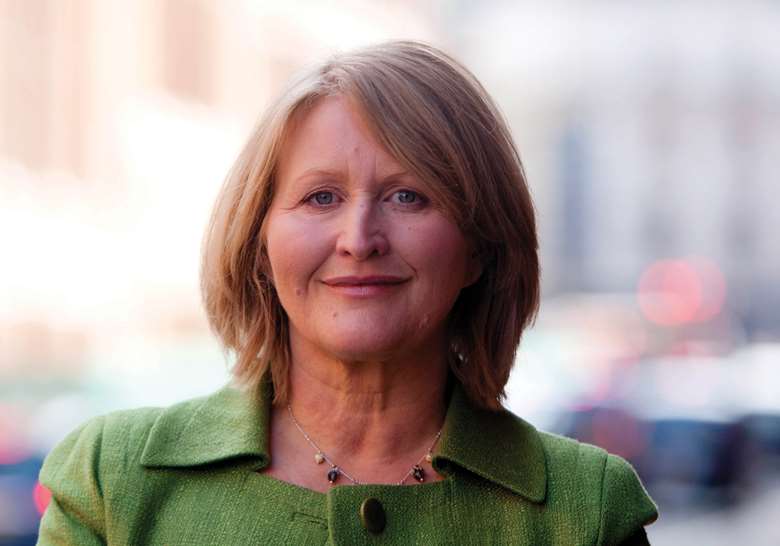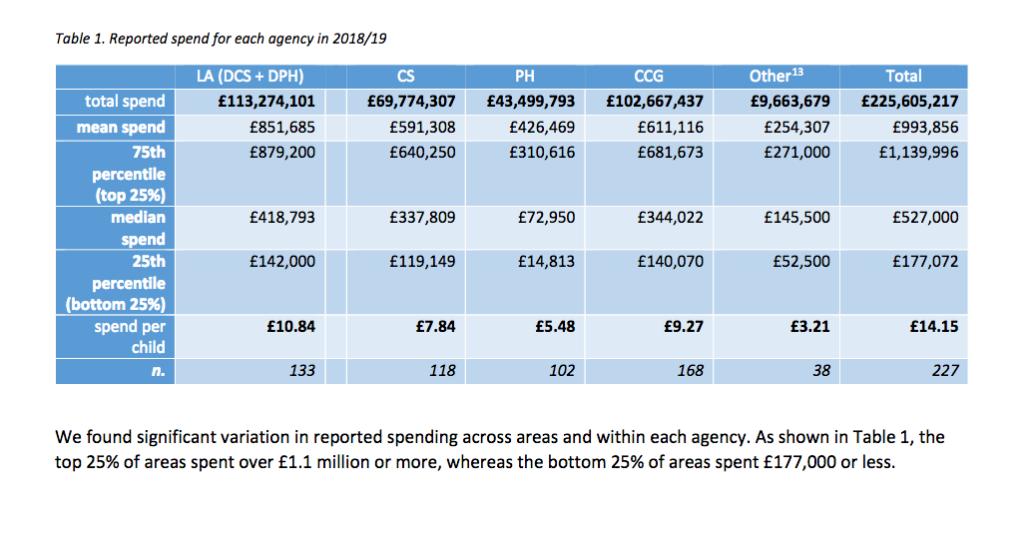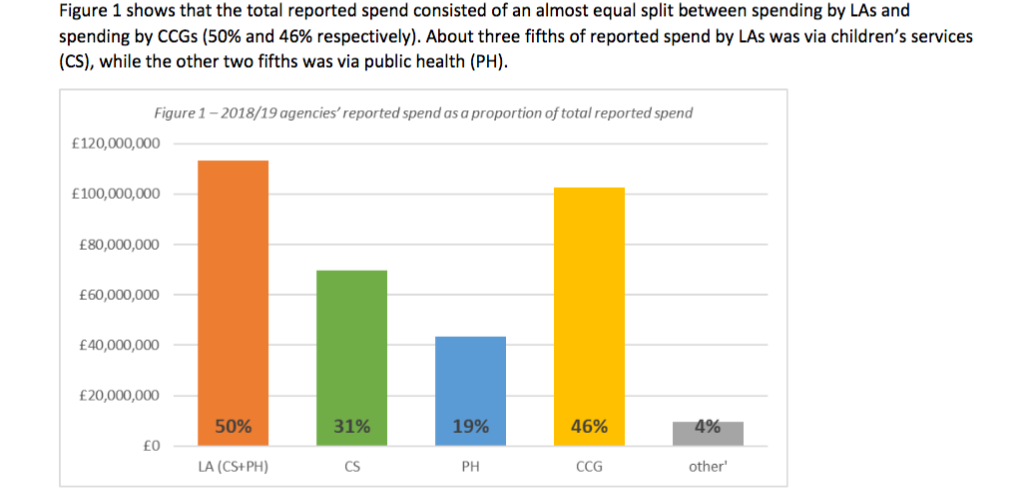One in three areas cutting early mental health help for children
Joe Lepper
Tuesday, April 9, 2019
More than a third of local areas are cutting spending on early help for children and young people with mental health problems, according to analysis by the children's commissioner for England.

While overall investment on "low-level" mental health provision increased by 16 per cent nationally in 2018/19 on the previous year, 37 per cent of areas are spending less on such services, according to the Early access to mental health support report.
The study, which gathered data from freedom of information requests sent to every clinical commissioning group (CCG), director of children's services and director of public health in England, asked about non-specialist help that does not need a referral, such as that provided by school nurses and in children's centres.
The report claims that this "postcode lottery" is "very concerning" for young people in need of children's early and preventative help for their emotional wellbeing and resilience.
- Analysis: NHS Long Term Plan gives young people's mental health a boost
- Analysis: School mental health pilots
In addition, the analysis found that only 58 per cent of areas put in more money, in spite of rising demand and an increased focus on early help and prevention by policymakers.

Graphic: Children's Commissioner for England report
"This is very concerning at a time when more funding has been put into children's mental health at a national level," says the report.
It observes that where spend has fallen, it has often been driven by reduced local authority spending. Variation in CCG investment is another factor, with 62 per cent spending more per child, and 35 per cent spending less.
The total funding for early help for children and young people across councils and NHS organisations is £226m in 2018/19, which equates to £14 per child.
A detailed look at regional spending over the same period found that predominantly urban areas spent more on early help than rural areas.
In London, council spending per child is £17.88, compared with just £5.32 in the East of England.
While CCGs in the North of England spent £12.76 per child, the figure is just £5.83 in the Midlands and East of England.

Graphic: Children's Commissioner for England report
While information on services above the specialist referral threshold is recorded as part of NHS England's Mental Health Five Year Forward View Dashboard, the report is calling on the government to ramp up its data gathering of local spending to ensure that it is reaching children.
Government should also put pressure on councils and NHS bodies to work together to improve access to mental health support, says the report.
"Those areas which are reducing funding must be held to account," the report adds.
Children's commissioner Anne Longfield said: "This report reveals for the first time the postcode lottery facing the increasing number of children suffering from low-level mental health conditions like anxiety and depression.
"It is extremely worrying that a third of local areas in England are actually reducing real-terms spending on these vital services.
"The children I speak to who are suffering from conditions like anxiety and depression aren't asking for intensive in-patient therapeutic treatment, they just want to be able to talk to a counsellor about their worries and to be offered advice on how to stop their problems turning into a crisis.
In January the government unveiled its 10-year vision for the NHS, including a pledge to boost funding for child and adolescent mental health services.
"The NHS Ten Year Plan has made children's mental health a top priority, but it won't succeed unless children with low-level mental health problems are offered help quickly and early," added Longfield.
"Local authorities are under huge financial pressure and many are doing a good job, but those who are spending barely anything on low-level mental health cannot continue to leave children to struggle alone."
Charity Young Minds' chief executive Emma Thomas called for an end to the postcode lottery, for local services to "work together more effectively", and for "much clearer and more consistent data".
"It's extremely difficult for commissioners to make informed decisions about local services when reporting is so patchy," she said.
The Department of Health and Social Care has been contacted for comment.
Children & Young People Now is staging a one-day Transforming Adolescent Mental Health conference on 26 June. This will provide policy updates and include a range of expert-led sessions.




